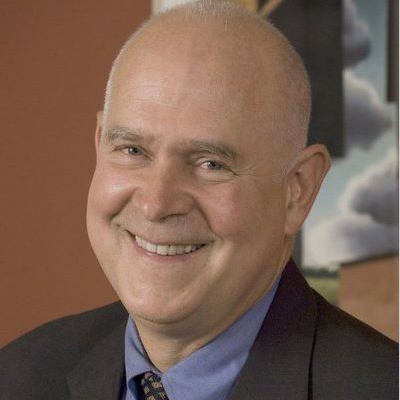I-TECH provides assistance to MISAU in implementation of the national Quality Improvement for HIV Services (QIHS) Strategy, with the goal of improving HIV clinical care through the training of clinicians in QI cycles (Plan-Do-Study-Act) and mentoring to improve weak performance indicators. To expand the impact of its programming, ART Committees and distance learning have been used to reach health workers in more rural settings.
Category: Mozambique
Scott Barnhart

Scott Barnhart, MD, MPH, has an extensive background as Professor of Global Health and former Director of Global Health Programs for I-TECH at the University of Washington. He has had responsibility for leading nine country offices, projects in 14 countries, and more than 500 staff. This experience and training has included extensive clinical work, research and program management in pulmonary and environmental and occupational medicine, and more than eight years as Medical Director of a safety net/Level 1 Trauma Center hospital.
Ensuring health systems can quickly detect and respond to emerging health threats is a critical challenge in both domestic and global health. Dr. Barnhart’s major implementation projects include scale-up of voluntary medical male circumcision (VMMC) in Zimbabwe and Malawi, OpenMRS, and laboratory information systems. Dr. Barnhart deploys his expertise in multiple African countries and Haiti to strengthen health systems and health care.
A goal of Dr. Barnhart’s work is to promote country-led, country owned sustainable development. Consistent with the principles of the Paris Declaration, the goal is to transition the bulk of development work and the associated leadership, ownership, technical direction and control of funding into the countries where development occurs. This approach ensures that the entire continuum of skills necessary for development (technical expertise, administration (human resources, operations, and management and accountability for funds) is transitioned to local partners. A key indicator is to have 75% or more of a grant’s funding expended in-country on local programs and local citizens and to support the local economies in these highly resourced constrained countries. Dr. Barnhart has worked closely to advance this model through projects in Haiti with a goal to shift the majority of a project to a local organization and in Zimbabwe where the VMMC program is largely run through local partners.
Program Highlights